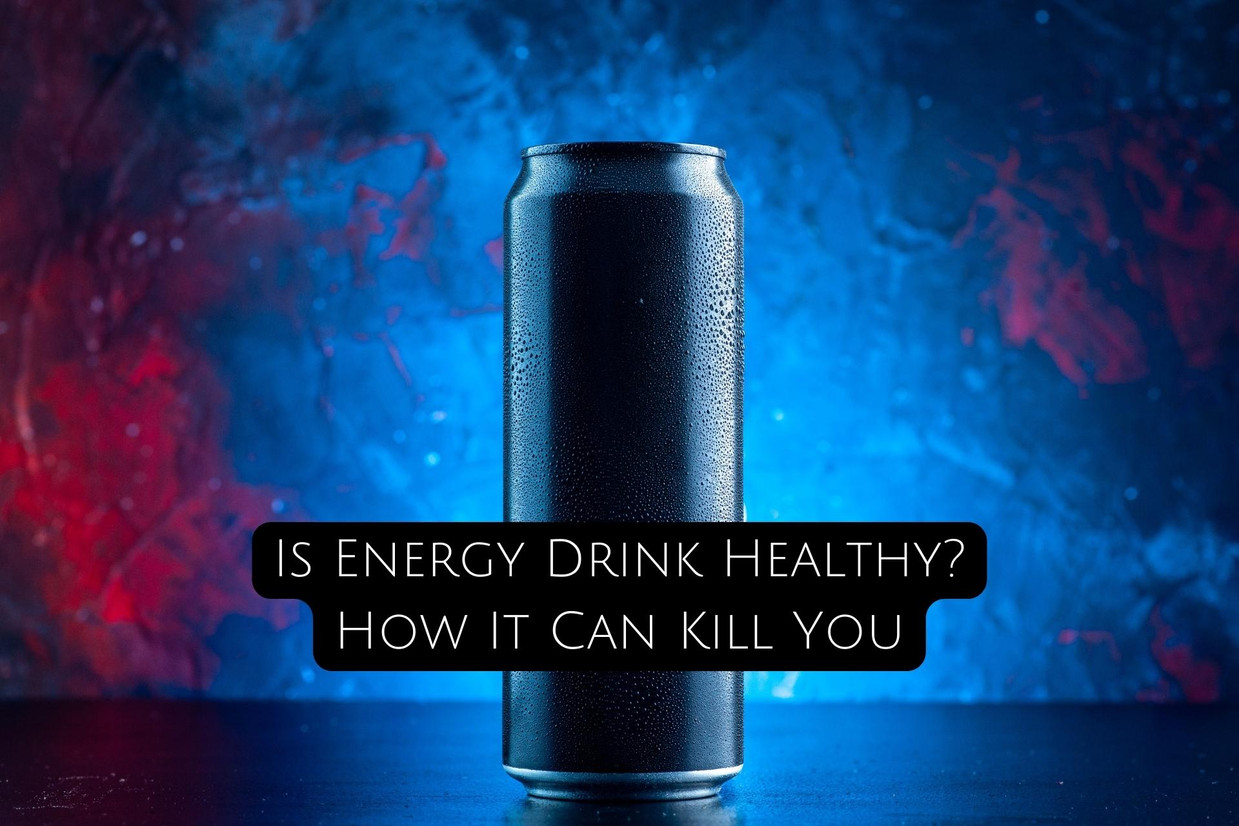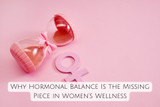Is Energy Drink Healthy? How It Can Kill You
Staying hydrated is important when you're trying to avoid feeling like you're on the verge of dehydration. Sometimes it's helpful to imagine putting a chunk of sugar in your drink, as that can help make whatever it is seem more tasty than usual.
Health trends really take off these days, and it's no wonder that healthier energy drinks are at the top of the list. Instead of just being effective in making you feel better, they also taste great. Healthy energy drinks can range from totally natural to highly processed. Some might have nutritional benefits while others might have risks associated with them.
The problem with energy drinks is that they're not healthy
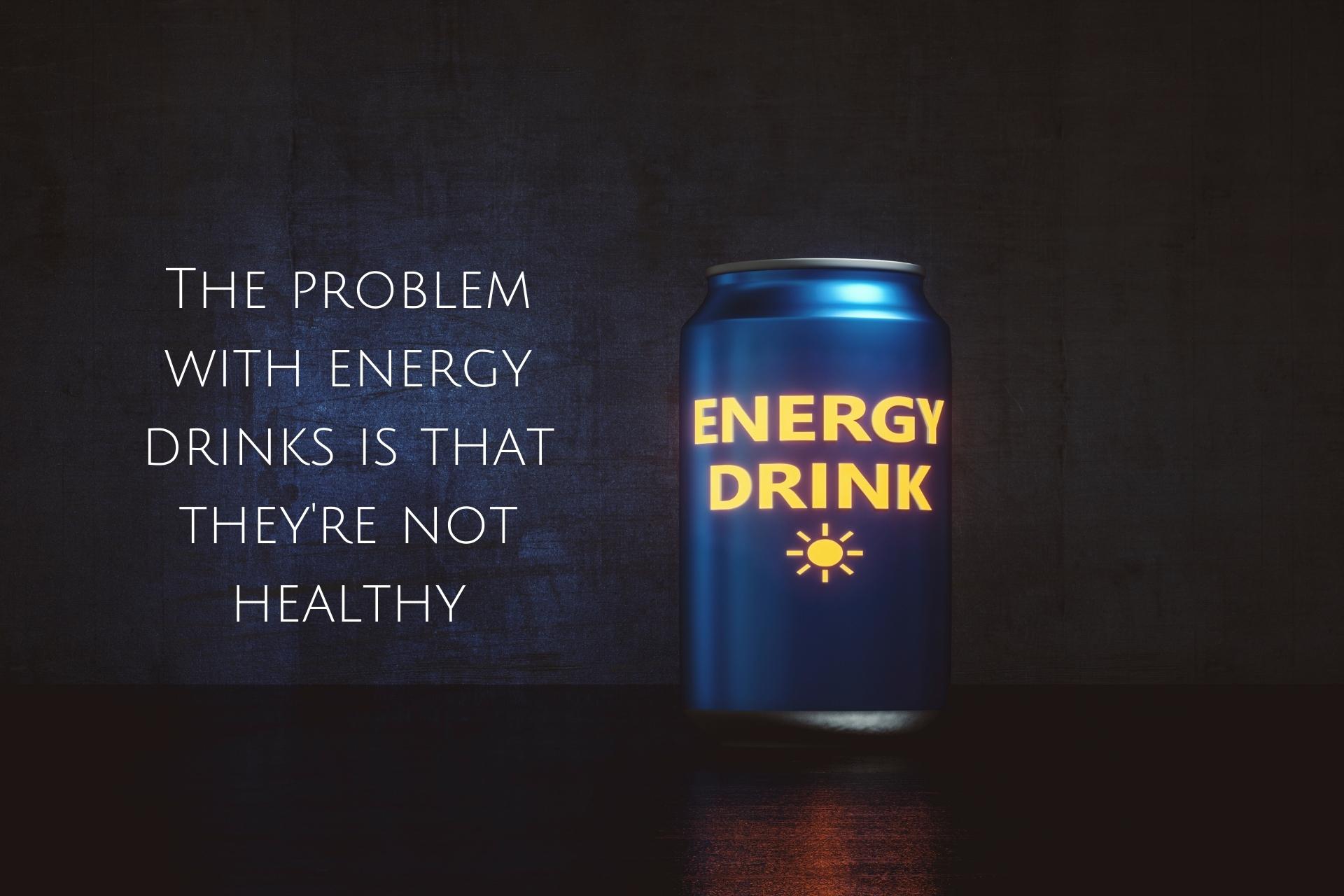
Energy drinks are a little controversial. They are marketed with the promise of providing an intense burst of energy, but they come with a host of potential negative side effects. Energy drinks are starting to be looked at as a potential health hazard. As more and more people start to question whether they are healthy, companies like Red Bull and Monster have begun to rebrand their products to make them seem healthier than they really are.
The problem with energy drinks is that they provide a short-term high that comes at the cost of long-term health concerns. The high caffeine levels in these beverages can lead to problems like insomnia, anxiety, heart palpitations, and even irregular heartbeat among other things.
They can cause the following side effects:
- Headache
- Nausea
- Stomach aches
- Heart palpitations
- Rapid heartbeat
- High blood pressure
- Hyperactivity
Energy drink nutrition facts
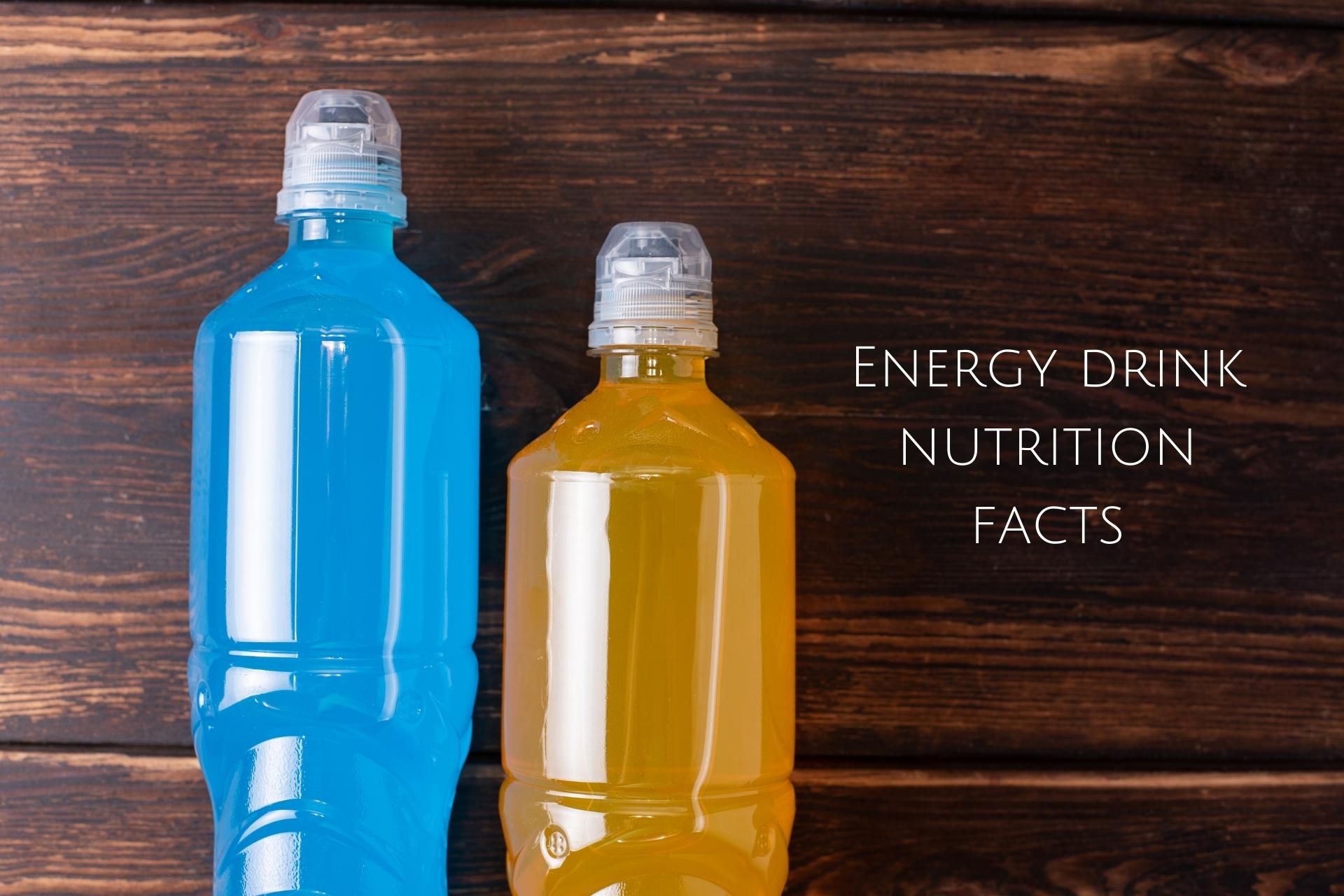
Energy drinks are marketed as a quick and convenient way to get a boost of energy.
Energy drink nutrition facts: Energy drinks are often marketed as a quick and convenient way to get a boost of energy, but they can be harmful if consumed too often. A single energy drink can contain up to 200 mg of caffeine. Energy drinks are often marketed as a quick and convenient way to get a boost of energy, but they can be harmful if consumed too often.
Energy drinks may have nutritional benefits: Energy drinks may have some nutritional benefits, like the vitamins they contain. However, doing so might create other health problems like malnutrition or difficulty sleeping. Some people report that energy drinks help them work harder and focus better than normal caffeinated beverages do. Some people report that energy drinks
How much caffeine is too much?
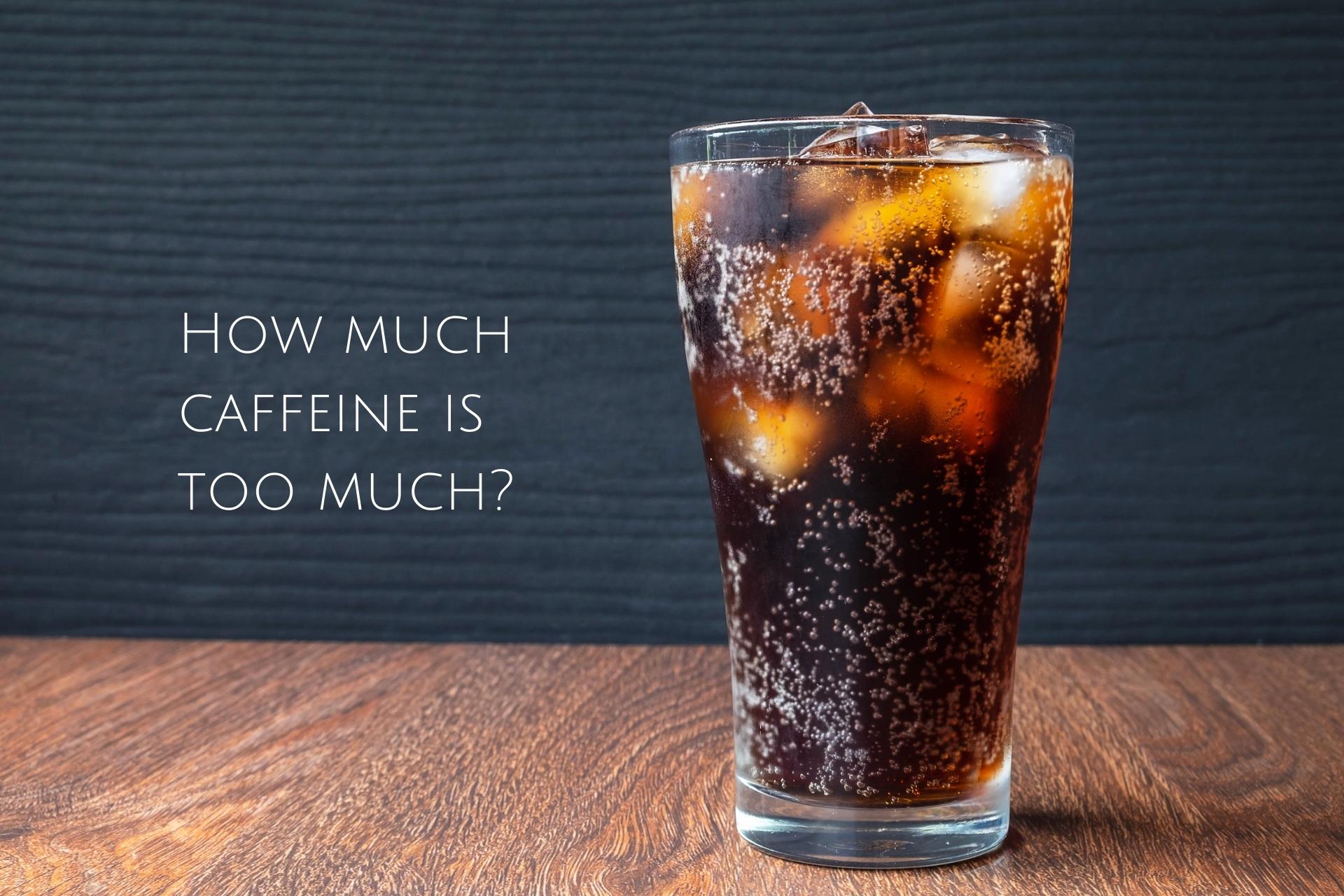
Caffeine is a central nervous stimulant, which boosts energy & alertness levels. It's also the reason that energy drinks were created in the first place. Despite the trends, Americans are constantly looking for ways to stay up and awake. However, caffeine is not the only option - there are many other ways you can get more focused and productive. Energy drink companies are quick to respond by making their products more caffeinated for consumers.
While coffee and tea contain natural sources of caffeine, which is absorbed slowly, energy drinks contain synthetic caffeine. Synthetic is produced via the chloroacetic, and urea acids & absorbs faster into the bloodstream than natural. This can lead to some side effects such as anxiety or seizures in susceptible individuals. The amount of caffeine in energy drinks varies, with some containing up to 400mg.
A lot of people can't take the amount of caffeine in their coffee and tea without experiencing negative effects. A 16-oz. Energy Drink typically has 160-170 mg of caffeine, which is double what a single cup of coffee has.
Those cans of Hyde Xtreme have a lot of caffeine in them! And it's not just the amount, but their potency that makes them so great. In an 8-ounce can, you'd get somewhere around 320mg which is four cups of coffee!
Side effects of consuming too much caffeine is created by the adrenal glands, which release hormones and adrenaline. Too much caffeine can lead to headaches, irritability, frequent urination, increased heart rate and even jitteriness. Consider decreasing your consumption of caffeinated beverages if you experience these side effects. Consuming too much caffeine during the day can lead to insomnia and keep people up all night. Research has shown that caffeine in general is not desirable for those who need it.
Are artificial sweeteners good for you?
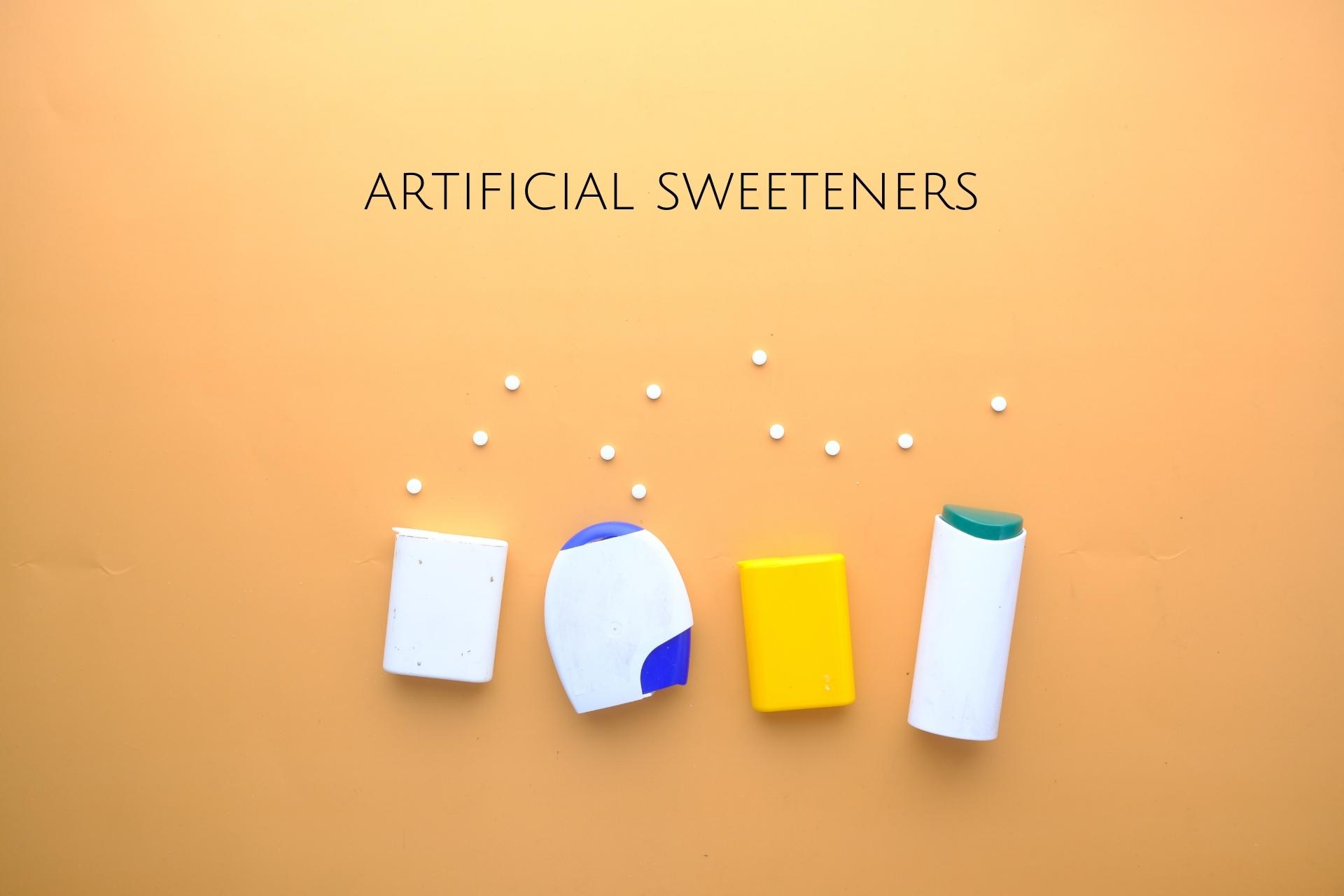
Energy drinks are now doing their part to help slim down individuals who are trying to eat healthier.
Energy drinks usually come with high calorie counts, but there are still many delicious ones that don't have a lot of artificial sweeteners in them. These drinks, even though they are sweetened artificially, maintain their natural sweetness through their ingredients like stevia leaf extracts or brown rice syrup.
Sucralose is made from the same sugar used in desserts, and it’s a great alternative to other added sugars. It swaps out some of its molecules with chlorine atoms for a cleaner, healthier taste.
Whether or not you consume zero-calorie energy drinks, people who consume them often eat more greasy foods and fast food.
There is concern about the following potential health risks associated with artificial sweeteners:
Changes in gut bacteria, glucose intolerance, weight gain and Heart problems
What about natural energy drinks?
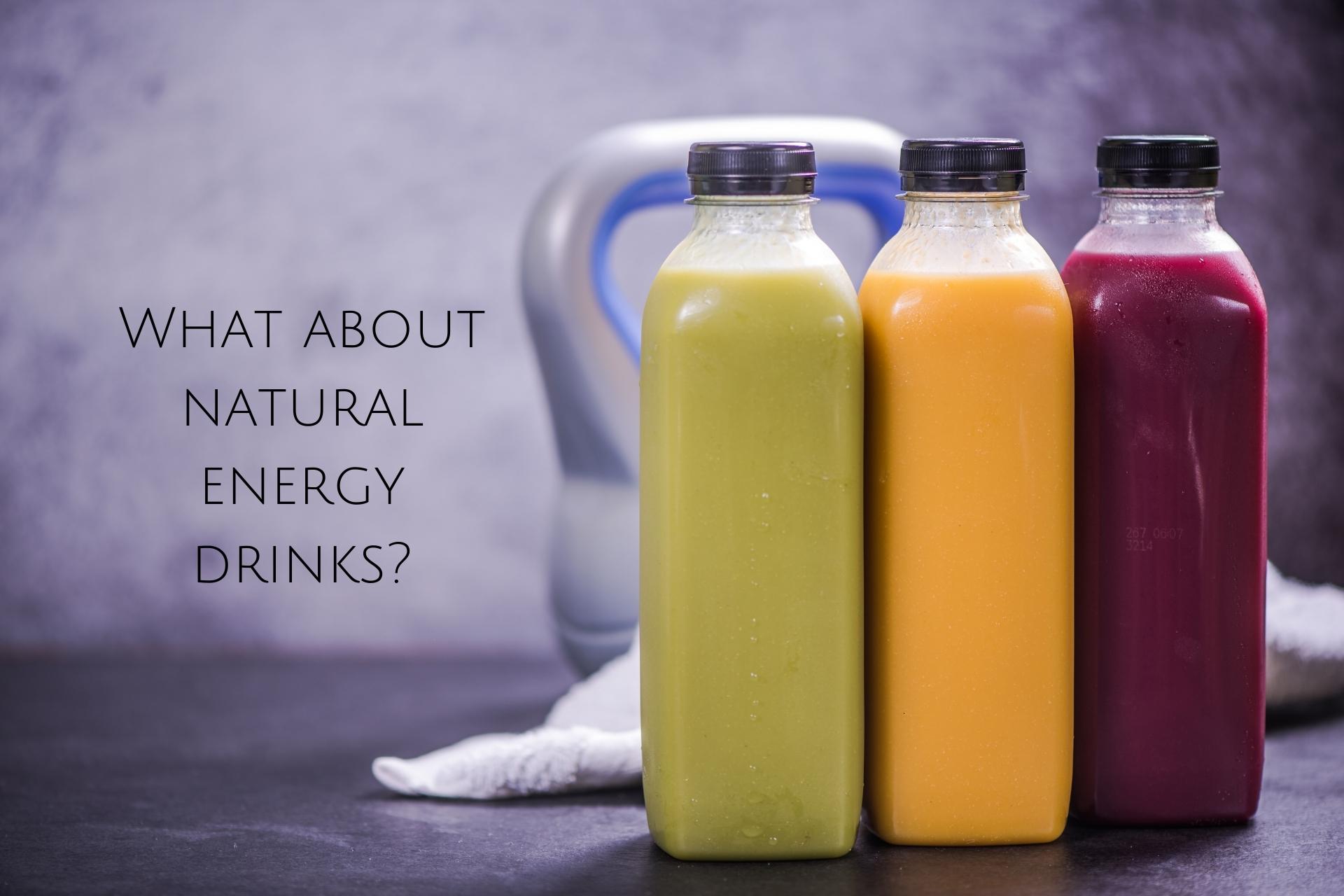
The FTC regulates the labeling of energy drinks and what they say on their labels. It's important to know what is in your drink and possible side effects. Artificial colors & sweeteners can cause serious health problems for some people.
Energy drinks that are made with natural ingredients such as caffeine or fruit flavors don't contain artificial or synthetic food additives. You're getting all the benefits of a healthier beverage without unneeded preservatives or other bad stuff.
If you are looking to get a boost of energy from natural sources, there are lots of options. One interesting fact is that coffee beans make up only 1% of the ingredients in energy drinks.
Black tea: Black teas are made from leaves of the Camellia sinensis plant which undergo oxidation. This gives black teas a stronger flavor and more caffeine than green or white tea. Black tea has more caffeine, 47 mg/cup, compared to green tea's 35-40mg/cup.
White tea: White tea leaves are harvested first, keeping their delicate flavor. It contains less caffeine than green & black teas.
Green tea: green tea leaves are made from the plant Camellia sinensis. They are steamed, pan fried, and dried to create the drink. One cup of green tea has about 28 mg of caffeine in it.
Yerba mate: This herbal tea comes from the leaves of the South American yerba mate plant, which is relatively new to parts of Europe. It heals and cures many ailments and provides a sense of calmness that people in Europe are beginning to appreciate.
Guarana: Guarana seeds have the same amount of caffeine as coffee beans and are native to South America. This natural stimulant provides a great pick-me-up and is becoming more popular in the workplace.
Coffee fruit extract: In many households, children's understanding of coffee is that it comes solely in a drink form. There are many varieties of coffee fruit, and the caffeine levels differ for each one. A common type is called Coffee Berry. Coffee Berries are red and can be eaten raw or processed into a close substitute for coffee beans.
Matcha: This powder is made from green tea leaves. It's different from green tea because it's grown in the shade and the veins are removed before processing it.
Guayusa: South American tea is popular and exotic due to its evergreen leaves which smell smooth and frothy.
When looking for natural energy drinks, look for brands that contain fewer ingredients and are made with natural sources of caffeine. The herbs create a better tasting & caffeinated alternative to traditional beverages.
Consuming these products in moderation is healthy because they do not contain anything unhealthy. There are always risks with medications, so be sure to speak to your doctor before you navigate that direction.
Many natural choices for energy drinks do not have as much caffeine as sugar-laden options. They can range from 30 – 70 grams of caffeine and with some brands even hitting up to 170 grams of caffeine (2 cups of coffee), which is a lot.
If you're used to soda, coffee or other sugary beverages, there are plenty of natural options with no sugar or carbs. Energy drinks that use natural sweeteners like fruit juice, monk fruit or erythritol can be a great way to re-invigorate your taste buds. Our dietician's top choice of natural sweetener is still stevia, even though it is highly processed.
Recent Posts
-
Why Hormonal Balance Is the Missing Piece in Women’s Wellness
Introduction: Hormones are the body's biochemical messengers that orchestrate nearly every aspect of
-
The Science Behind Mycotoxin Detox: What Does Research Say?
With increasing awareness of the impact of mycotoxins on health, the concept of mycotoxin detoxifica
-
The Science Behind Plant-Based Meat: How Technology is Changing Our Food
In recent years, the food industry has witnessed a seismic shift with the rise of plant-based meat a

